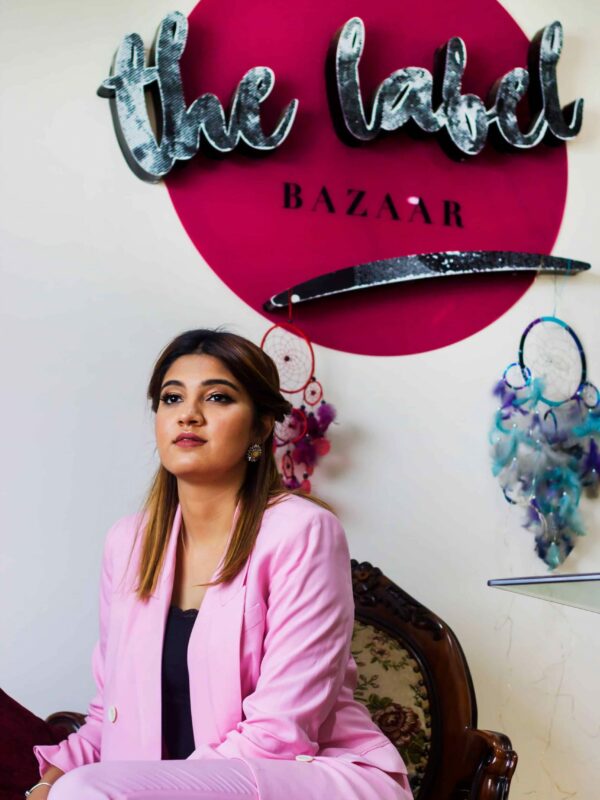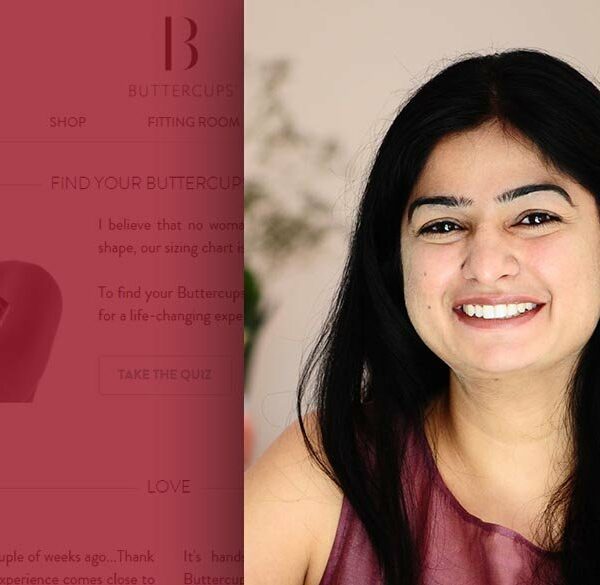“Women from all walks of life, from different stratas of the society, different cultural backgrounds, they all have a basic need and that’s underwear because when we menstruate, underwear is the most essential product.”
With a boom in the women’s health and wellness industry, destigmatizing the menstrual taboo is the talk of the town, however there is little to no talk or data analysis on one such thing that enables the use of these menstrual products, underwear, professes Preeta Chaudhuri Ghosal, Founder of Wear Equal.
Wear Equal is a sustainable and social impact women’s intimate wear brand that radiates the ethos of intersectional feminism, inclusivity, and sustainability. Preeta wanted to help women and structure a social business model that would empower them, which led to the inception of Wear Equal. She says that her brand celebrates womanhood with keeping environmental consciousness in mind. Hence, all their products are made from upcycled and organic cotton fabrics using zero waste production techniques and plastic-free packaging. It is easy on the pocket, to aid the economically underdeveloped strata of the society and easy on the planet, to ensure the wellness of Mother Earth.
Build on the principles of body positivity Wear Equal radiates inclusivity and ethos of equality. Their products and models resonate with the idea of belonging to real
“Underwear is a product and we need to start treating it like one. When it comes to underwear we should all have equal access to it.”
The market is saturated with biodegradable and affordable period products, but no one is paying attention to a basic necessity like underwear which you need for the menstrual products to function. Preeta expresses there are certain stratas of the society where underwear is not considered a necessity and she emphasizes on how important it is to educate women on this lifestyle change. Women from various stratas of the society struggle to afford this basic necessity and to aid them in adopting this product of wellness, Preeta shares that they give out this garment to women at subsidized prices.
“Women’s underwear somehow have something very sexual about it. If you wear underwear, that means you’re wearing lingerie, that means you’re ‘that’ kind of a woman. The whole part of menstrual hygiene gets shadowed.”
Addressing the underlying socio-cultural aspect associated with women’s underwear, Preeta, expresses that women’s underwear have been sexualized and objectified in the mainstream media to an extent where it has ceased to become just a garment, it is more of an object of sexual gratification. This idea dissuades women from orthodox beginnings to adopt this garment because they believe wearing underwear would mean that they are wearing lingerie, which can only be worn by promiscuous women. She says we want to destigmatize the overtly sexual connotation attached to underwear and give out a message of equality.
Wear Equal aims to enhance the “ease of access to underwear” so that women from all classes and masses can own this garment as a basic necessity and not a luxury. Preeta delineates that the lack of study and data on how many women have access to underwear is staggering. She says that people’s privilege of presumption allows us to believe that underwear is common knowledge, everyone must have access to it, however, the ground reality is very different. Empowered with inclusivity, intersectionality and purpose, Wear Equal is a new age voice of the global feminine.












